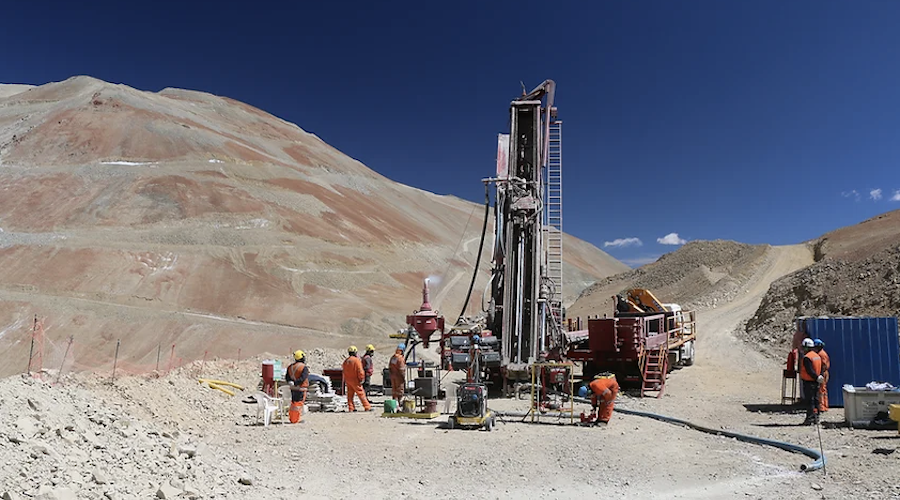Rio2 appeals rejection of EIA for Chile gold project

Canada’s Rio2’s (TSX-V: RIO) (US-OTC: RIOFF) is appealing the rejection of the environmental impact assessment (EIA) for its Fenix gold project in Chile’s northern Maricunga region, arguing the dismissal is not consistent with the environmental assessment process that took place over the past two years.
The miner says it has identified numerous discrepancies with factual and procedural matters in the document outlining the reasons why the Atacama Regional Evaluation Commission ruled in July against the project’s EIA.
The Environmental Qualification Resolution (RCA), which is the administrative document with which the Environmental Assessment Service (SEA) explained the rationale for its decision, acknowledged the project met environmental regulations and requirements. It noted, however, that the company had not provided enough information on how it aimed to eliminate the “adverse impacts” it would have on the area’s wildlife species, specifically on chinchillas, guanacos and vicuñas.
With Chile voting over the weekend to reject a proposed new Constitution, president Gabriel Boric is expected to make changes to his cabinet to include people seen as moderated.
The switching of some ministers could potentially benefit Rio2 and its appeal before the Committee of Ministries, composed by the heads of Environment (Chairman), Health, Economy, Agriculture, Energy and Mining.
Rio2 said the appeal process would take roughly one year. The preparation and resubmission of a new EIA, if the administrative appeal is unsuccessful, would take about two years.
The Vancouver-based miner believes that during the environmental assessment process of Fenix, it provided all the information requested by the different agencies and addressed the observations raised.
Rio2 said 18 government agencies issued their technical conformity to the project.
“The Fenix Gold Project is an example of modern gold mining where a full complement of technical, environmental, and social considerations have been consulted on and designed in from the outset,” Rio2 said after the rejection.
“The project represents a significant investment in the gold mining business in Chile by a junior mining company and will generate employment for approximately 1,200 people during the construction phase and 550 people during the 17 years’ operations phase,” it added.
Rio2 also said it would work closely with regional authorities to conduct additional observations of fauna in the project area and to agree on new voluntary commitments if required.
{{ commodity.name }}
{{ post.title }}
{{ post.date }}




Comments